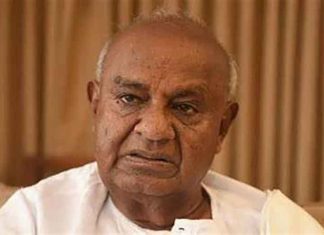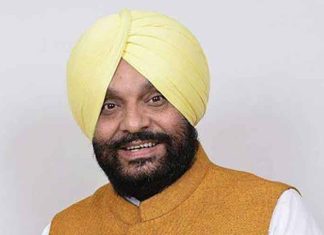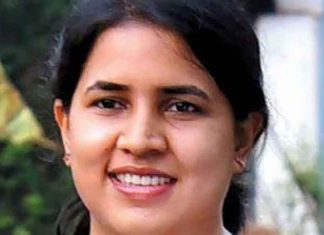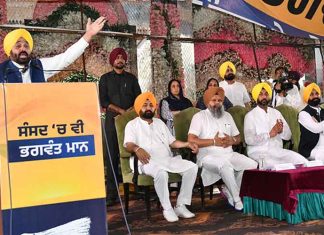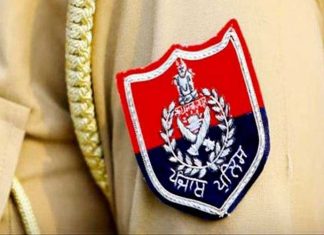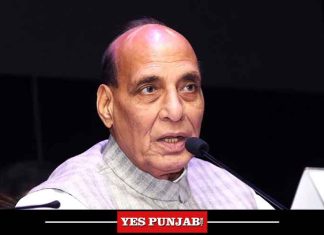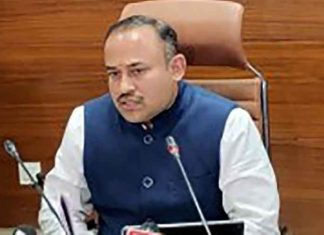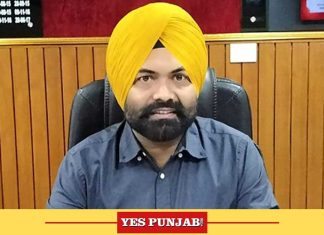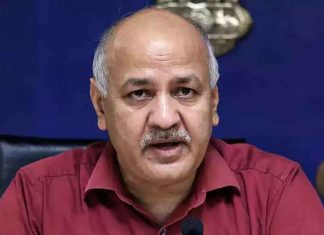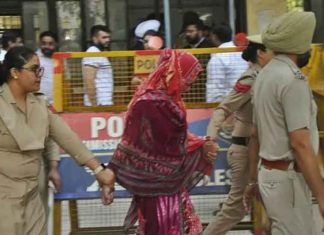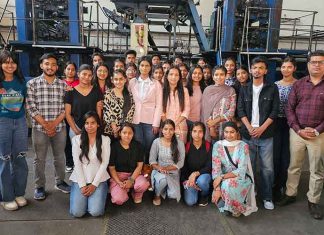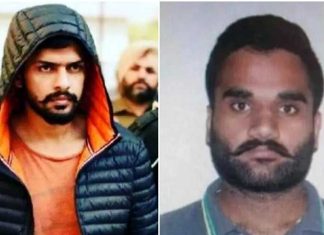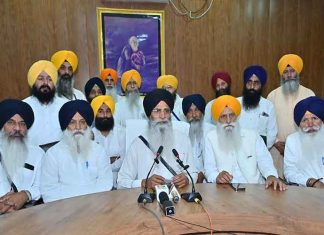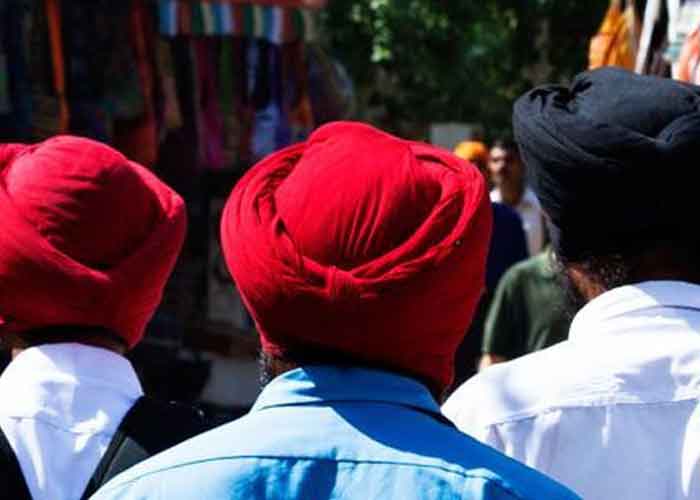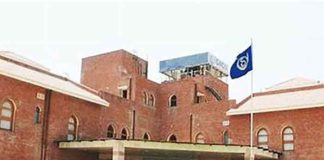New Delhi, Aug 13, 2020-
The Adarsh housing scam in which a 31-storey apartment block in the tony Colaba area of south Mumbai, meant for Kargil heroes and war widows was instead allotted to bureaucrats, relatives of politicians and former army and navy chiefs, among others, is a “classic example of how law, regulations and procedures can be twisted, misinterpreted, amended or bypassed” to serve the interests of the powerful elite, says a new book on white collar crimes by Sibichen K. Mathew, Commissioner of Income Tax in the Indian Revenue Service.
“When powers unite to indulge in mischief, it is extremely difficult to bust the scam. The role played by social activists and a few committed government and defence officials in exposing the unholy nexus of politicians, bureaucrats and businessmen is worth appreciating. Media exposure of the entire project and the dubious plans of people involved in it have brought to light the lack of fairness and transparency in the entire project,” Mathew writes in “You Just Got Cheated: Understanding White Collar Crimes” (SAGE India).
In the case of the Adarsh Cooperative Housing Society, a two-member commission headed by a retired judge of the Bombay High Court found that 22 luxury flats were registered in the names of people who do not have any source for their investments. They included a vegetable vendor, a peon and a driver. All the 22 properties were found to be ‘benami’ assets of others.
“This is a classic case of long, sustained and organized efforts to corner prime public property by certain private individuals. Adarsh housing scam is a classic case to understand how various regulatory systems were bypassed and bodies were strategically manipulated over many years to acquire the property and how ultimately the criminal conspiracy was busted,” Mathew writes.
How did the Adarsh scam, which cost the then Maharashtra Chief Minister, Ashok Chavan, his job, happen? Through “criminal collaboration of powers”, Mathew states.
Every nation has a large extent of resources owned and controlled by its governments and their institutions; this is the most valuable resource of any state and governments and their officers are the trustees of the public property.
“Illegal acquisition and misuse of public property is the biggest crime that happens through criminal collaboration of powers. As large extent of properties is under the control of bureaucrats from the level of a village officer to the senior most functionary in the government, public scrutiny or media scrutiny of public property crimes happen very rarely, that too limited to specific cases where certain instances come to light due to internal power tussles or when a party to the scam looses it in the bargain for the booty. Judiciary steps in only when the instances are reported or complaints are filed,” the book says.
(The Enforcement Directorate had on March 5, 2012 booked Ashok Chavan and 13 otherson charges of money laundering for their alleged involvement in the Adarsh housing scam on the basis of an FIR filed by the CBI. In 2016, the Bombay High Court ordered the building to be demolished holding that it was illegally constructed. The society appealed to the Supreme Court, which in 2018 stayed the demolition. As of now, the Indian Army has secured the building on the order of the Supreme Court pending further appeals.)
Adarsh is not a lone case. There are many examples of illegal or concessional allotment of public property to serving bureaucrats, to judicial officers, and to members of the media community. Free or concessional allotment of properties and tax concessions to social, educational and charitable organizations directly or indirectly led by politicians and social workers in order to make them silent on the misappropriation of properties is also a widely followed strategy, the author notes.
By analyzing various types of white collar crimes and drawing examples of such crimes that have happened across the world, the book attempts to answer questions like: Who is responsible for the fraud committed? Why do people commit white collar crimes? What makes us vulnerable to such crimes? Who could have prevented the crime? What could individuals and entities do to prevent the crime in future and what action should we take to recover the losses?
As for the last question, it is important to remember that unlike street crimes where victims are clearly identified and their losses and concerns are suitably recorded and attended to, the victims of white collar crimes are not given proper attention and many times such crimes are considered to be “victim less”.
To this extent, the insights the book provides would be helpful for professionals as well as common citizens.
Mathew describes himself as “a passionate writer, blogger, leadership trainer, toastmaster and a keen observer of social reality. However, my activities and expressions in these passionate areas are purely personal, academic and artistic in nature and nothing to do with the parent organization I am associated with.
This is Mathew’s third book after “When The Boss is Wrong” and “Making People Pay”. (Agency)
Click here to Like us on Facebook





